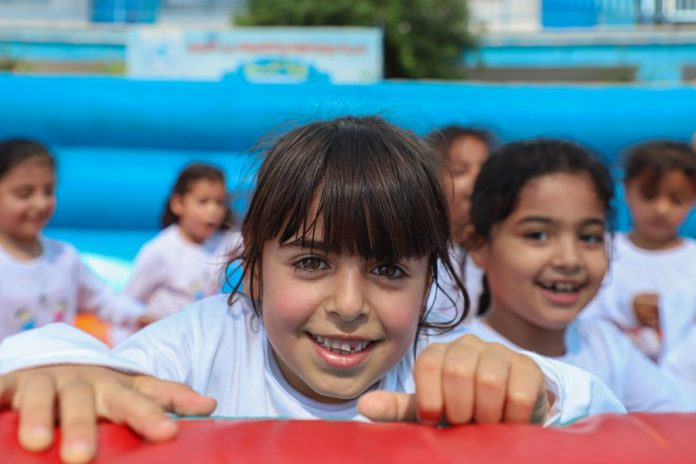The UN agency for children
https://youtube.com/watch?v=y4udqAY2Bqc%3Fenablejsapi%3D1%26origin%3Dhttps%253A%252F%252Fwww.un.org
In the aftermath of World War II, the plight of Europe’s children was grave, and a new agency created by the United Nations stepped in to provide food and clothing and health care to these children.
In 1953, UNICEF became a permanent part of the UN and began a successful global campaign against yaws, a disfiguring disease affecting millions of children, and one that can be cured with penicillin.
Declaration of the Rights of the Child
In 1959, the UN General Assembly adopted the Declaration of the Rights of the Child, which defines children’s rights to protection, education, health care, shelter, and good nutrition.
Education
Following more than a decade of focus on child health issues, UNICEF expanded its interests to address the needs of the whole child. Thus began an abiding concern with education, starting with support for teacher training and classroom equipment in newly independent countries.
In 1965, the organization was awarded the Nobel Peace Prize “for the Promotion of brotherhood among nations.” Today, UNICEF works in more than 190 countries and territories, focusing special effort on reaching the most vulnerable and excluded children, to the benefit of all children, everywhere.
Convention on the Rights of the Child
UNICEF’s work is guided by the Convention on the Rights of the Child (1989). The Convention is the most rapidly and widely ratified international human rights treaty in history. The Convention changed the way children are viewed and treated – i.e., as human beings with a distinct set of rights instead of as passive objects of care and charity. The unprecedented acceptance of the Convention clearly shows a wide global commitment to advancing children’s rights.
Much has been accomplished since the adoption of the Convention, from declining infant mortality to rising school enrolment, but much remains to be done.
State of the World’s Children
Every child has the right to health, education and protection, and every society has a stake in expanding children’s opportunities in life. Yet, around the world, millions of children are denied a fair chance for no reason other than the country, gender or circumstances into which they are born.
Poverty affects children disproportionately. Around the world, one out of six children lives in extreme poverty, living on less than US$1.90 a day. Their families struggle to afford the basic health care and nutrition needed to provide them a strong start. These deprivations leave a lasting imprint; in 2019, 149 million children under the age of five were stunted.
Despite great progress in school enrolment in many parts of the world, more than 175 million children are not enrolled in pre-primary education, missing a critical investment opportunity and suffering deep inequalities from the start. 6 out of 10 leave primary school without achieving minimum proficiency levels in reading and mathematics, according to a 2017 UNESCO report. This challenge is compounded by the increasingly protracted nature of armed conflict.
Children and armed conflict
More than twenty years ago, the world united to condemn and mobilize against the use of children in armed conflict. Since then, thousands of children have been released as a result of Action Plans mandated by the UN Security Council and other actions aimed at ending and preventing recruitment and use of children by armed forces and groups. However, serious challenges for the protection of children affected by armed conflict remain.
In 2019, 1.6 billion children (69%) were living in a conflict-affected country, and approximately 426 million children (over one in six) were living in a conflict zone. Millions of children, many of whom are unaccompanied or separated from their families are being displaced by armed conflict. These children are at a high risk of grave violations in and around camps, and other areas of refuge. Action is urgently required to alleviate the plight of children displaced by armed conflict and the Secretary-General encourages Member States to respect the rights of displaced and refugee children and to provide them with necessary support services.




